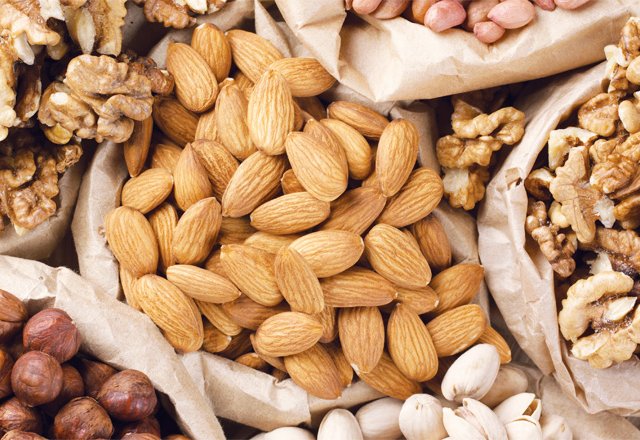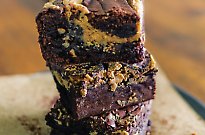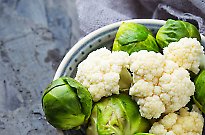
Health benefits of nut butters

Lisa O'Neill gives us the lowdown
For the majority of people without allergies, the health benefits of incorporating nuts and seeds into your diet are extensive. One of the easiest and most delicious ways of doing so is through the burgeoning array of spreads cropping up on supermarket shelves.
According to naturopath Melissa Hohaia, many of her clients’ diets are lacking in healthy fats and good quality proteins, which leads to lowered energy levels, stress, poor immunity, mood swings and issues with weight management.
“By using nut butters in cooking or adding them to meals or snacks, you are automatically boosting the nutrient level of your food,” says Hohaia. “The combination of healthy fats, good protein and dietary fibre helps support nerve function, keeps blood sugar levels stable, allows healthy hormone production, improves digestion, protects cell membranes and assists with weight loss.”
The weight loss may come as a surprise as there’s been a certain level of ‘guilty pleasure’ associations with nut butters; due to generic peanut butter brands being laden with added oils, sugar and salt. When selecting a healthy spread, check the ingredients list; the best products should only contain the associated nut or seed. The other main factor to be mindful of is how the butter has been processed.
“In all good nut butters, you will get an oil pool on top of the product during storage, which results from the oils not being hydrogenated,” Hohaia says. “Hydrogenation is a process that turns the liquid oil into a solid so that it will no longer separate from the spread, creating trans fatty acids, which are not good for our health. Never pour off the healthy oils because once stirred in, they’ll create a great consistency for your spread.”
It’s easy to be bamboozled by the choice, so we’ve picked a few bestsellers to show how they can boost your nutrient intake and creative ways to eat them (by all means, take to them with a spoon if you fancy...we won’t tell a soul).
Almond butter
Almond butter is laden with nutritional benefits including phytochemicals that protect against heart disease and nutrients such as iron, folate, calcium, vitamin E and magnesium. A low glycaemic food, it’s a great spread for diabetics, helping reduce sugar and insulin levels after meals. For a creative snack, make your own banana split by slicing a banana down the middle and filling it with a tablespoon of almond butter. Try Melrose 100% Almond Spread. melrosehealth.com.au
Almond, Brazil nut and
cashew butter (ABC)
“This is the one of the spreads I recommend the most; due it being tasty, versatile and easily available in most grocery stores,” says Hohaia.
Alongside the high protein and healthy fat content, this spread has a good range of minerals including magnesium, calcium, zinc and selenium (a powerful antioxidant). Hohaia recommends mixing it into natural yoghurt for a protein-rich snack or added to porridge and smoothies for breakfast.
Sunflower seed butter
An excellent substitute for those with nut allergies, sunflower seed butter is creamy with a rich flavour (although the grey colour is not the most visually appealing). Like the nut butters, sunflower seed butter contains healthy fats, protein and fibre plus it is rich in vitamin E and phytochemicals. This butter is a great base for creamy sauces or use it to recreate a childhood favourite of 'ants on a log' by slathering it on a celery stick with raisins atop.
If you can’t find it on the supermarket shelf, head to trialiafoods.com.au who have the Eskal brand.
Tahini (sesame seed paste)
A popular ingredient in Middle Eastern cuisine, tahini is another versatile seed-based spread with incredible health benefits.
“Sesame seeds contain good amounts of calcium, which the body absorbs and utilises much easier when the seeds are ground in butter form,” says Hohaia.
On top of the calcium hit, your body will get a dose of iron, potassium, phosphorus and vitamin C with a spoonful of tahini, and those with high cholesterol will appreciate that the seed has no cholesterol at all.
Tahini can be used to make a salad dressing creamy or try these sweet tahini balls by combining half a cup of each of the following; tahini, honey, desiccated coconut, LSA (linseed, sunflower seed and almond meal), chopped hazelnuts and cranberries plus a cup of sultanas. Roll into balls and refrigerate to store. NH
Photo credit: Thinkstock


